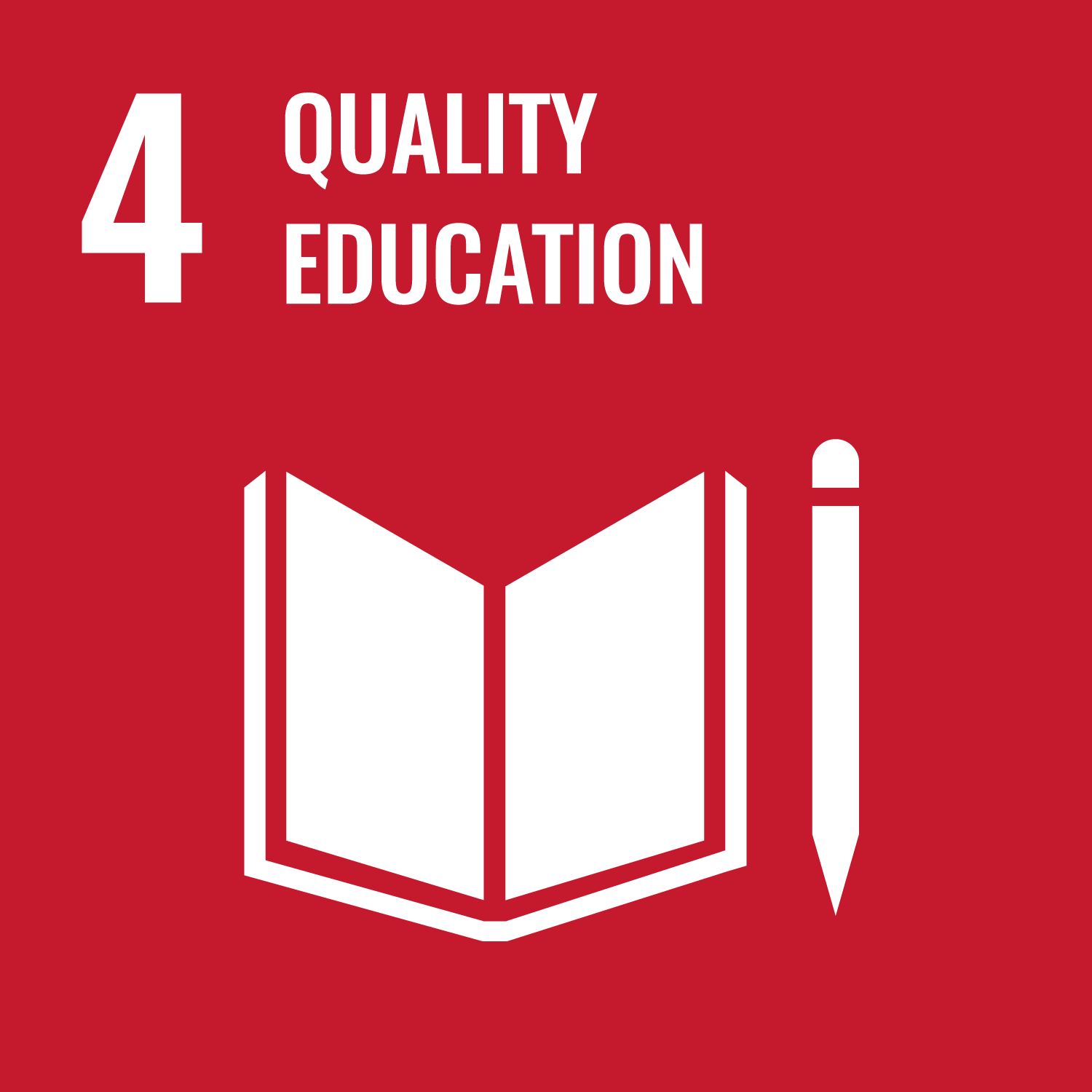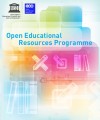
Open Educational Resources (OER)
Open Educational Resources (OER) are teaching, learning and research materials in any medium – digital or otherwise – that reside in the public domain or have been released under an open license that permits no-cost access, use, adaptation and redistribution by others with no or limited restrictions.
OER form part of ‘Open Solutions’, alongside Free and Open Source software (FOSS), Open Access (OA), Open Data (OD) and crowdsourcing platforms.
UNESCO is the only UN agency with a dedicated OER programme. The term “Open Education Resource” was first coined in 2002 at a forum organised by UNESCO on Open Courseware in Higher Education. In November 2019, the 40th UNESCO General Conference adopted the UNESCO OER Recommendation which is the only international standard setting framework in this area worldwide.
UNESCO believes that universal access to information through high quality education contributes to peace, sustainable social and economic development, and intercultural dialogue. OER provide a strategic opportunity to improve the quality of learning and knowledge sharing as well as improve policy dialogue, knowledge-sharing and capacity-building globally.
Since 2002, UNESCO has developed large-scale projects, with global projects with impact at the regional, national and institution level, to provide expert technical assistance to Member States in advocacy, capacity-building and policy support for OER. In parallel, UNESCO developed and supported a network of Chairs and Category 2 Centres working on the promotion of OER.
In addition, UNESCO leads inter-governmental discussions on OER capacity building, policy, sustainability, quality, and accessibility issues and its applications to meet the UN 2030 Agenda for Sustainable Development.
With the support of the Hewlett Foundation, UNESCO organised two World Congresses on OER, the first in 2012 with the Commonwealth of Learning in Paris, and the second in 2017 jointly organised with the Government of Slovenia in Ljubljana, with five regional for a co-organized also with the Commonwealth of Learning.
This momentum for promoting OER culminated with the UNESCO Recommendation on OER, which was adopted unanimously by the UNESCO General Conference at its 40th Session in November 2019. As of today, the Recommendation is the only existing international standard-setting instrument on OER.
 |
 |
 |
News
- 1 of 19
- next ›





